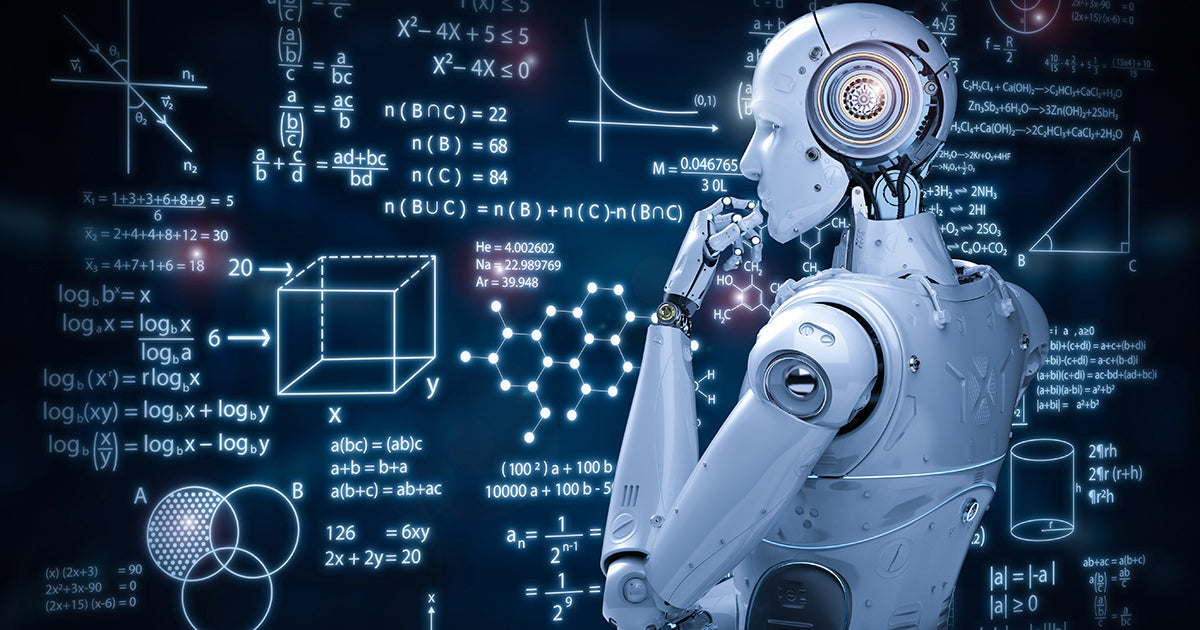
The Future of Coffee: AI, Robotics, and the Irreplaceable Human Touch
by Coffee Analytica Team
·
As a professional in the coffee industry and the founder of Coffee Analytica (CA), I often ponder the future of this deeply traditional yet ever-evolving sector. Today, after watching a YouTube AI-Robotics discussion which delved into artificial intelligence (AI) and robotics developments, I was struck by the inevitable integration of these technologies into our industry. The discussion on Elon Musk’s work, including autonomous vehicles and a robotics prototype (We, Robot.), highlights the transformative potential of AI and robotics across various sectors. This got me thinking about how these advancements could reshape the coffee industry while still leaving certain human-centric aspects untouched.
AI and Robotics in the Coffee Industry: Transforming Efficiency
The coffee industry is ripe for disruption by AI and robotics, especially in areas where precision, consistency, and scalability are paramount. Let’s break this down by stages in the coffee supply chain:
1. Logistics and Inventory Management
AI-driven logistics systems can optimize the movement of coffee beans from farms to importers, to roasters and then to retailers. With robotics handling inventory management, errors can be minimized, and stock levels can be precisely maintained. For example:
- Automated warehouses can sort and store coffee beans based on their origin, quality, and roast profiles.
- Machine learning algorithms can predict demand fluctuations, ensuring stock never runs out or piles up unnecessarily at each participant's warehouse.
2. Coffee Roasting
The roasting process is already semi-automated in many high-end roasteries, but AI and robotics could take this to the next level. Using machine learning, roasting profiles could be adjusted in real-time to account for variables like bean size, density, moisture content, varietal and origin etc. This would ensure:
- Consistent flavour profiles that match customer expectations.
- Reduced wastage by minimizing over-roasting or under-roasting errors.
3. Brewing and Café Operations
AI and robotics can streamline monotonous tasks in café settings:
- Barista work: Robots equipped with AI could handle repetitive tasks like espresso extraction and milk frothing with unmatched consistency. Search "coffee robot" now and you will be surprised how many companies are working on this.
- Customer service automation: AI-driven kiosks could take orders, provide recommendations, and even accept payments, freeing up human baristas for more meaningful customer interactions.
- Smart café environments: IoT devices could track customer preferences, manage inventory, and even adjust environmental settings like lighting and music to enhance the café experience.
The Irreplaceable Human Elements: Why They Matter
Despite these advancements, certain aspects of the coffee industry will always require a human touch. Here’s why:
1. Farming: The Heart of Coffee’s Flavour
At the very beginning of the coffee supply chain, the farming process remains rooted in nature. While drones and robotic pickers may assist in harvesting, the essence of coffee’s unique flavour lies in its natural growing conditions:
- Soil composition, altitude, and microclimates - all nurtured through traditional farming practices - define coffee’s distinct profiles.
- The human connection to the land ensures that coffee farming remains an art form, blending intuition and experience in ways machines cannot replicate.
From an investment perspective, owning or partnering with coffee farms in regions like Ethiopia or Central America could secure a vital place in this irreplaceable part of the supply chain. These regions, known for their high-altitude, rich soils, and ideal climates, produce some of the world's finest coffees. By ensuring ethical practices and fostering relationships with farmers, CA could build a legacy rooted in quality and sustainability.
2. Customer Interaction: Building Community
On the opposite end of the supply chain, the customer-facing experience is equally irreplaceable by machines:
- Human connection: The act of serving coffee is deeply personal, creating moments of warmth, hospitality, and community that no robot can replicate.
- Education and storytelling: Sharing the journey of a coffee bean - from farm to cup - adds value to the product and strengthens the customer’s connection to the brand.
For CA, focusing on exceptional customer experiences - whether through well-crafted coffee gear or expertly brewed coffee - reinforces the brand’s identity as a champion of both quality and community.
Balancing Innovation and Tradition at CA
The challenge for Coffee Analytica lies in striking the right balance between embracing technological advancements and preserving the irreplaceable human elements of the coffee industry. Here’s how we can navigate this balance:
1. Front-End Focus: Customer Experience
- Automation where it counts: Use AI and robotics for operational efficiency without compromising the human touch in customer service.
- Community-driven cafés: Establish flagship cafés that celebrate the art of coffee-making, combining modern efficiency with traditional hospitality.
2. Back-End Focus: Coffee Farming
- Invest in quality farms: Explore opportunities to acquire or partner with coffee farms in Ethiopia or Central America, ensuring access to top-tier beans while supporting sustainable practices.
- Blend tradition and technology: Introduce precision agriculture tools to optimize yield and quality while preserving the artisanal aspects of coffee farming.
3. Bridging the Gap: The Supply Chain
- Transparency and traceability: Leverage blockchain technology to provide customers with a clear view of the journey their coffee takes, from farm to cup.
- Ethical practices: Uphold values of fairness and sustainability throughout the supply chain, ensuring that both farmers and customers benefit from CA’s efforts.
Conclusion: Building an Irreplaceable Legacy
As automation and AI reshape industries, the coffee sector stands at a unique crossroads. At CA, our mission is to embrace innovation while honouring the traditions and human connections that define coffee culture. By focusing on both the irreplaceable front-end customer experience and the equally irreplaceable farming processes at the back end, we can create a business model that not only thrives but also sets a benchmark for sustainability, quality, and authenticity.
In a world of automation, the true art lies in knowing what to automate and what to preserve. For Coffee Analytica, that balance is our roadmap to building a lasting empire.